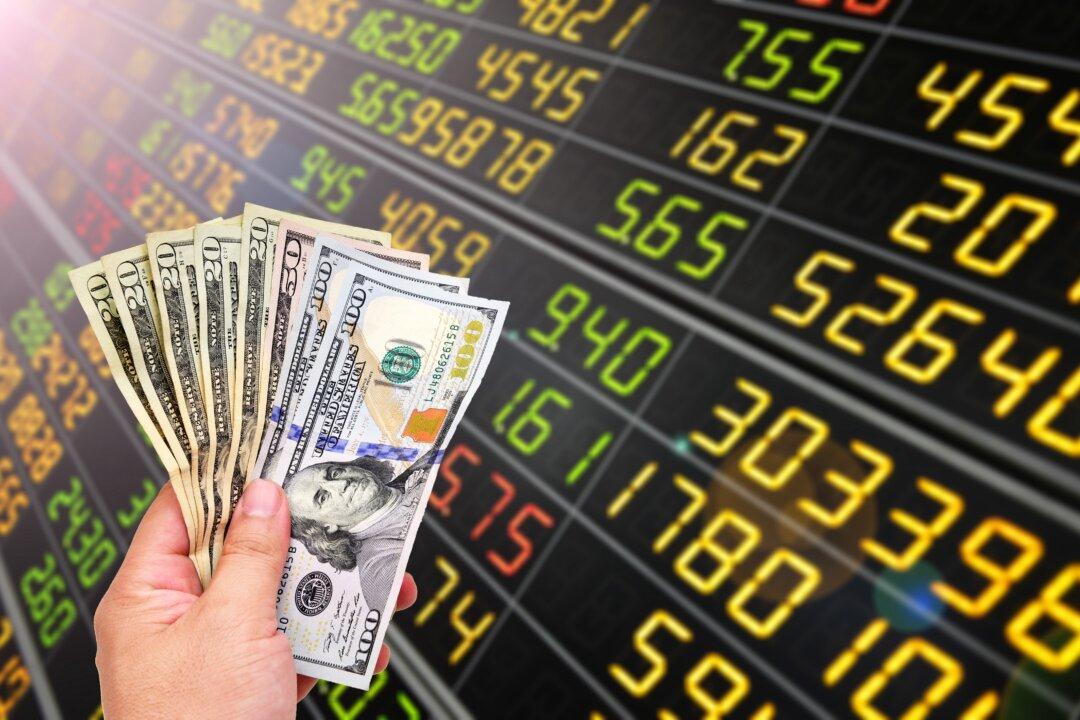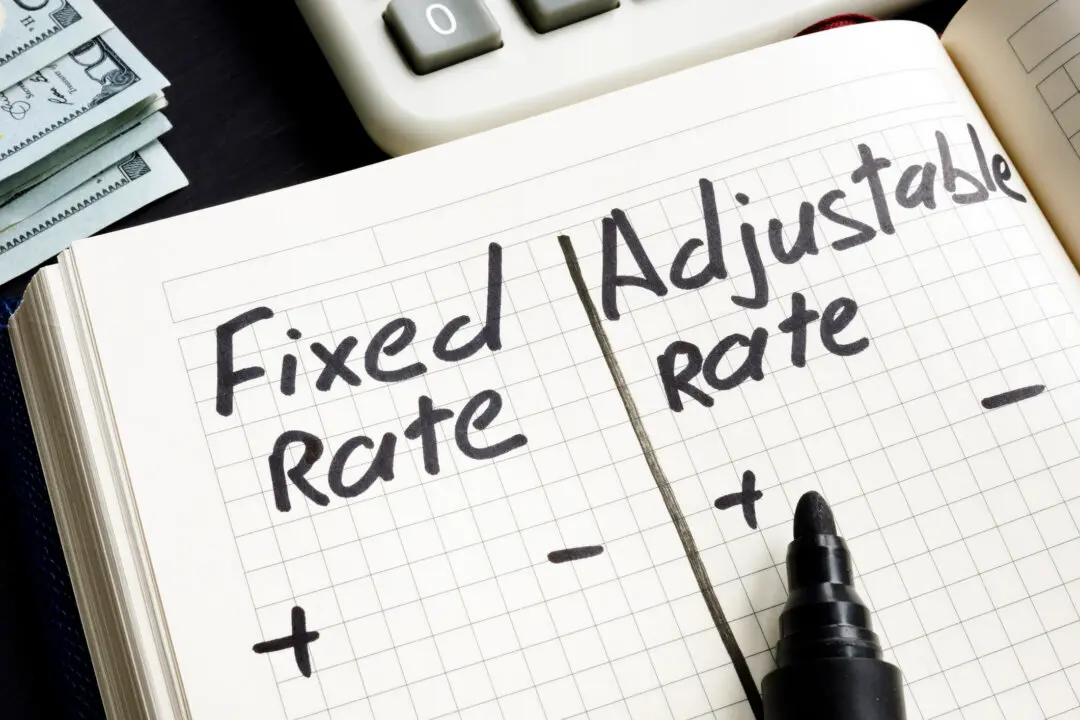By Nellie S. Huang
From Kiplinger’s Personal Finance
Gone are the days when cash was trash. Now, it’s a valued asset that can earn 5 percent a year. That’s why it’s important to make sure the ready money in your brokerage account is earning a competitive yield.






